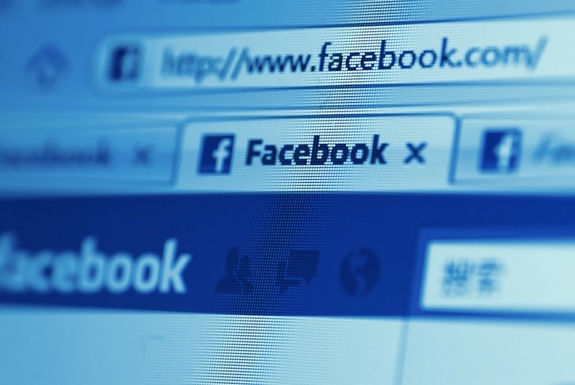Love on Facebook: Women More Prone to Jealousy

Women are more prone to romantic jealousy spurred by Facebook posts than men, particularly if they think other people can see that their relationship may be in trouble, a new study suggests.
During the study, 226 heterosexual college-age men and women were asked to imagine that they had discovered a photo of their significant other with a person of the opposite sex on Facebook. In the hypothetical scenario, the study participants could view the privacy settings of their boyfriend's or girlfriend's Facebook account (which was still logged in) — and thus could see whether the photo was visible to others on Facebook.
Women reported greater feelings of jealousy when they imagined the scenario than did men. Women rated their level of jealousy as a six out of a possible nine, compared to a four out of nine for men.
Both women and men reported the greatest level of jealousy if the photo's privacy settings meant that the photo could not be viewed by other people on Facebook — an indication that their romantic interest was trying to hide something. If the photo could be seen by other people on Facebook, men's level of jealousy dropped, while women's remained high.
Women were also more hurt by the scenario than men if there were relatively few photos of them with their partner on Facebook.
Together "these findings suggest that the public nature of potential infidelity may influence emotions differently for men and women," the researchers wrote in the Feb. 1 issue of the journal Cyberpsychology, Behavior, and Social Networking. "Women may experience more negative [emotions] when they believe that others are able to view lack of evidence of being in a committed relationship," they said.
However, because the scenario was imagined, it's impossible to know whether the findings would translate into the real world, or actually cause a couple to break up. Future research should examine whether a situation on Facebook, similar to the one used in this study, would hurt a real relationship, the researchers, from the University of Alabama in Tuscaloosa, said.
Sign up for the Live Science daily newsletter now
Get the world’s most fascinating discoveries delivered straight to your inbox.
Previous studies have found that people who spend more time on Facebook report greater levels of romantic jealously, and more frequent viewing of their partner's Facebook profile, than people who spend less time on the social networking site.
Facebook also presents people with opportunities to misinterpret information, the researchers said. For instance, the scenario described in the current study did not necessarily provide evidence of infidelity, but it was interpreted that way. "Facebook can be a place where individuals interpret ambiguous information in a non-ambiguous way, producing negative emotions," the researchers said.
Pass it on: Facebook posts that suggest infidelity are more likely to incite jealousy in women than men.
Follow Rachael Rettner on Twitter @RachaelRettner, or MyHealthNewsDaily @MyHealth_MHND. We're also on Facebook & Google+.

Rachael is a Live Science contributor, and was a former channel editor and senior writer for Live Science between 2010 and 2022. She has a master's degree in journalism from New York University's Science, Health and Environmental Reporting Program. She also holds a B.S. in molecular biology and an M.S. in biology from the University of California, San Diego. Her work has appeared in Scienceline, The Washington Post and Scientific American.









